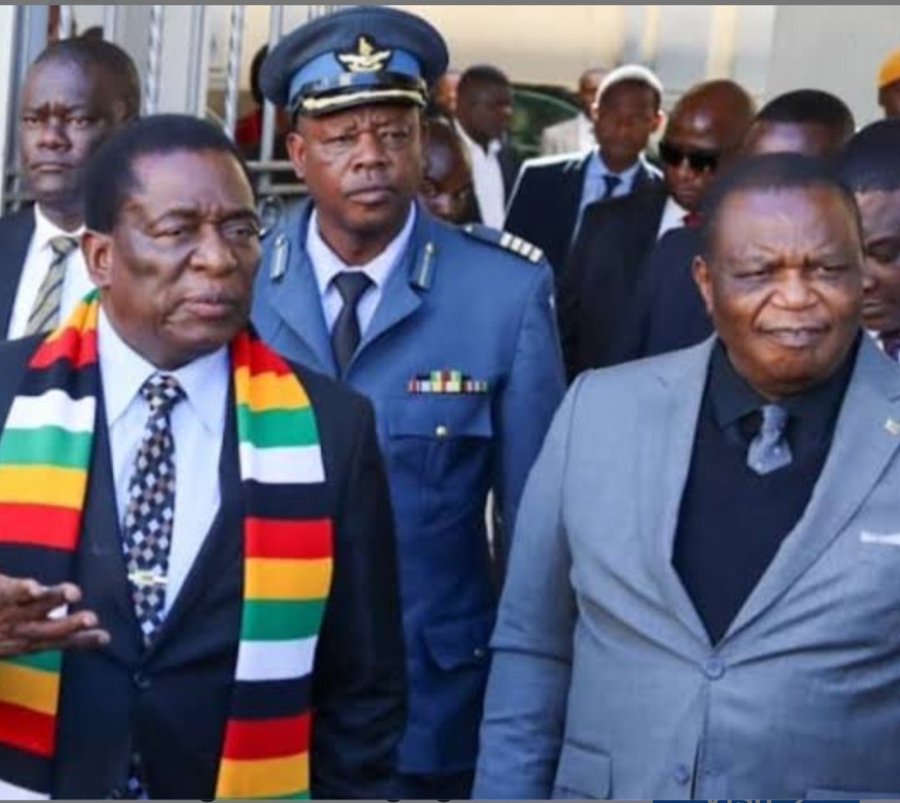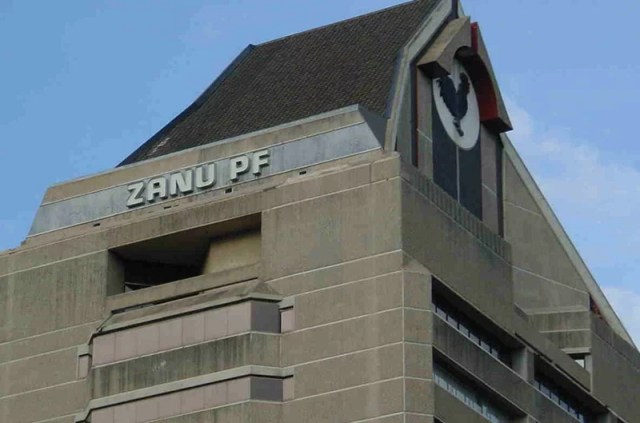TENSIONS RISE IN ZIMBABWEAN PARLIAMENT OVER REINSTATED MPs

In a heated session of Zimbabwe’s Parliament, there was a major argument between Speaker Jacob Mudenda, Zanu PF Chief Whip Pupurai Togarepi, and opposition MP Joana Mamombe from the Citizen Coalition for Change (CCC). The argument started when Mamombe asked for an explanation about the reinstatement of previously recalled CCC MPs. She referred to a report by the Inter-Parliamentary Union (IPU), which focuses on the human rights of parliamentarians.
The IPU is an international group representing national parliaments. On March 27, they issued a report calling for the reinstatement of 23 CCC MPs who were removed from their positions. This recall was triggered by Sengezo Tshabangu, who claims to be the secretary-general of the opposition party. His actions were supported by key parts of the Zimbabwean government, including parliament, the executive, the courts, and even security agents.
During the session, Mamombe tried to talk about the IPU report and the situation regarding the reinstated MPs. However, she was interrupted by Togarepi, who argued that the matter had already been debated and resolved. Mudenda agreed with Togarepi, saying that the issue had been fully addressed in earlier discussions and during an IPU meeting where he responded on behalf of Zimbabwe.
Mamombe was frustrated because she was not allowed to fully present her point. She insisted on continuing but was stopped again by Mudenda. He supported the government chief whip’s interruption and said Mamombe’s concerns were already dealt with. This event highlights the ongoing tension between the ruling Zanu PF party and the opposition CCC. It also shows the difficulties faced by opposition members when trying to raise important issues in Parliament, reflecting a bigger problem of fairness and governance in Zimbabwe’s political system.
The IPU has raised serious concerns about the recall of the MPs. They believe that the way the MPs were removed undermines basic democratic principles like the right to free representation and freedom of speech. The recalls helped Zanu PF regain control of some urban constituencies, but they also point to a larger problem of repression, especially considering the contested 2023 elections and the growing problems within the judiciary.
The IPU also questioned the process that led to the recall of the MPs. Even though Nelson Chamisa, the former leader of the CCC, sent an official letter saying that Tshabangu was an impostor, the letter was ignored because it was received after the decision to recall the MPs had already been made. This, according to the IPU, is an issue that needs more discussion and clarification, but Zimbabwean parliamentary authorities seem unwilling to allow that to happen.
This incident in Parliament shows just how complicated and tense the political situation in Zimbabwe is. It reveals the challenges faced by opposition parties in a political system dominated by one party. In a country where both parliamentary and judicial processes often seem to serve political interests rather than protecting democracy and human rights, it is hard for opposition MPs like Mamombe to have their voices heard.
The way Mamombe was shut down in Parliament highlights the struggles within Zimbabwe’s legislative system. It also raises questions about whether Zimbabwe’s government is truly committed to following international human rights standards and ensuring fair representation for its citizens. The continued suppression of these important issues makes it clear that Zimbabwe’s political landscape remains fraught with challenges, especially for opposition figures trying to hold the ruling party accountable. As Zimbabwe moves forward, it remains to be seen how the authorities will address these ongoing problems of governance and fairness.

